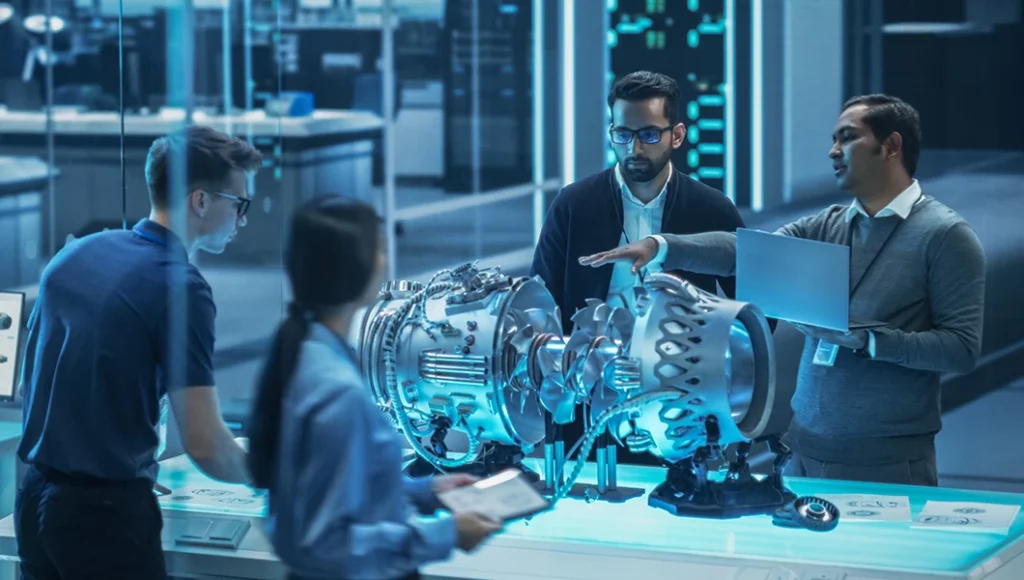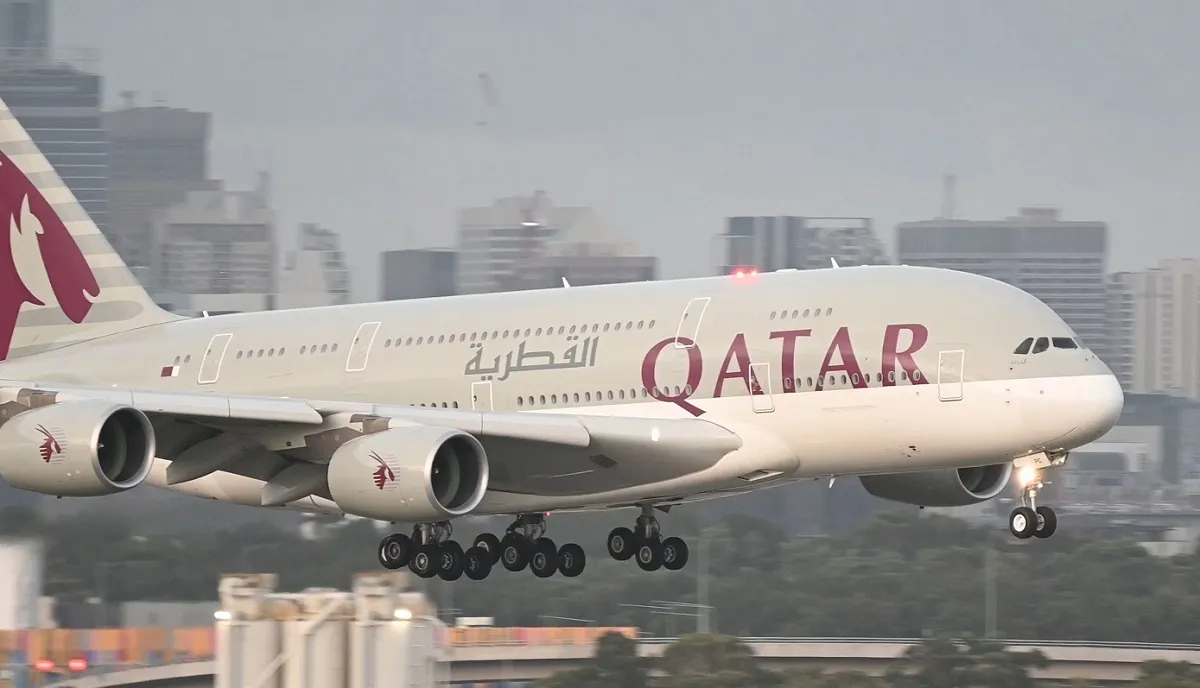Introduction to the current state of the airline industry and the impact of COVID-19
The airline industry has faced unprecedented challenges in recent years, with the COVID-19 pandemic reshaping how we travel. As restrictions lift and demand begins to recover, airlines are shifting focus towards a lucrative segment: premium travelers. These passengers expect not only comfort but also personalized experiences that make their journeys memorable.
With competition heating up to win back this discerning group, airlines like Emirates, Etihad, Singapore Airlines, and United Polaris are embracing technology as a core strategy. From innovative apps that tailor services to individual preferences to luxurious in-flight amenities that redefine air travel—airlines are going above and beyond. Let’s explore how tech is becoming essential in creating exceptional experiences for those who seek more than just a seat on a plane.
The shift towards premium travelers and the importance of their satisfaction
As travel resumes post-COVID-19, airlines are keenly aware of the changing landscape. With more travelers seeking comfort and safety, premium passengers are in high demand.
These travelers expect a seamless journey from start to finish. Their satisfaction is no longer just an add-on; it has become essential for airlines looking to thrive in this new era.
Airlines like Emirates and Etihad focus on providing luxurious experiences that cater to these discerning customers. Personalized service and enhanced amenities have become key differentiators.
Meeting the expectations of premium travelers can significantly impact loyalty. Happy customers not only choose their airline repeatedly but also share their positive experiences with others.
This shift emphasizes quality over quantity, pushing airlines to invest heavily in understanding what truly matters to these valued passengers.
The use of technology to enhance the overall travel experience for premium passengers
Airlines are increasingly adopting technology to elevate the travel experience for premium passengers. This shift is all about personalization and convenience.
For instance, apps tailored specifically for elite flyers offer seamless booking and check-in processes. Travelers can manage their itineraries with ease, allowing them to focus on what truly matters: enjoying their journey.
In-flight entertainment has also evolved dramatically. Passengers can now access a vast library of movies, shows, and music at their fingertips. Innovative seat-back screens provide an engaging experience that keeps travelers entertained throughout long flights.
Moreover, contactless services are becoming the norm. From digital boarding passes to virtual concierge support during the flight—technology ensures a smooth transition from ground to air.
Enhanced Wi-Fi connectivity allows premium travelers to stay connected while soaring thousands of feet above ground. It’s not just about getting from point A to B; it’s about making every moment memorable—and tech plays a crucial role in achieving that goal.
Examples of airlines utilizing technology, such as personalized apps and in-flight amenities

Airlines are stepping up their game with innovative technology aimed at premium travelers. Emirates, for example, has introduced a personalized app that allows passengers to customize their travel experience from booking to arrival. This includes everything from selecting meals to controlling in-flight entertainment.
Etihad is pushing boundaries as well. Their “The Residence” offers an unparalleled luxury experience with private cabins and butler service—all bookable through a sleek mobile interface that keeps you connected during your journey.
Singapore Airlines has invested heavily in its KrisWorld entertainment system. Passengers can access thousands of movies and shows, complete with recommendations tailored to individual preferences.
United Polaris enhances the travel experience by offering high-quality amenities like plush bedding and gourmet meal options—each designed based on traveler feedback gathered through advanced data analytics. Such initiatives showcase how tech is reshaping airline experiences for those who seek comfort and exclusivity while flying.
The implementation of sustainability efforts through technology
Airlines are increasingly adopting technology to drive sustainability efforts. Innovations in fuel-efficient engines and lighter materials contribute to reduced carbon footprints. This shift is crucial as premium travelers often prioritize eco-friendly practices.
Airlines like Emirates and Etihad are leveraging data analytics to optimize flight routes, minimizing fuel consumption. By using advanced algorithms, they can calculate the most efficient paths, saving both time and emissions.
In addition, Singapore Airlines has introduced initiatives involving sustainable cabin products made from recycled materials. These choices resonate with environmentally conscious passengers who seek responsible travel options.
Moreover, onboard systems now monitor waste management more effectively. Enhanced sorting processes ensure recyclables don’t end up in landfills—a step towards a greener journey for everyone on board.
As airlines embrace these technological advancements, they not only attract premium customers but also set new standards for sustainability in the industry.
Challenges and criticisms faced by airlines in regards to technology
Airlines face significant challenges as they embrace new technologies. One major concern is the inconsistency in technology implementation across different regions and fleets. This can lead to confusion among passengers who expect a uniform experience, especially when traveling with prestigious brands like Emirates or Singapore Airlines.
Data security also looms large on the horizon. As airlines collect more personal information through mobile apps and customer profiles, they become prime targets for cyberattacks. Travelers worry about their data being mishandled or compromised.
Moreover, not all customers appreciate tech-heavy interactions. Some prefer human contact over automated systems for check-ins or assistance during travel disruptions. Balancing automation with personalized service remains a tightrope walk for carriers like Etihad and United Polaris.
Additionally, investment in cutting-edge technology comes at a steep cost, which can strain budgets—especially amid fluctuating demand post-COVID-19.
Future predictions and potential advancements in technology for the airline industry
The future of the airline industry is poised for significant transformation, particularly when it comes to technology. With airlines like Emirates, Etihad, Singapore Airlines, and United Polaris leading the way, we can expect innovative advancements that will redefine the premium travel experience.
Artificial intelligence and machine learning are set to become integral parts of flight planning and customer service. Imagine chatbots capable of handling inquiries in real-time or predictive algorithms that personalize itineraries based on traveler preferences. This level of customization could enhance satisfaction among premium travelers even further.
Moreover, biometric technology promises faster check-ins through facial recognition systems at airports. Premium passengers may soon breeze through security without fumbling for their boarding passes or IDs. The ease this brings can transform a potentially stressful start into a smooth transition into luxury travel.
In-flight experiences are also likely to evolve with virtual reality entertainment options and more interactive apps designed specifically for personal comfort during flights. Enhanced Wi-Fi connectivity will mean seamless streaming services at 35,000 feet—a huge draw for tech-savvy affluent travelers seeking both leisure and business productivity while flying.
Sustainability efforts will continue to be prioritized through technological advancements as well—biofuels and eco-friendly aircraft designs aimed at reducing carbon footprints may become standard practice across major airlines.
As these technologies develop rapidly within aviation circles, they hold great promise not just for attracting premium travelers back but also reshaping their expectations entirely. The race is on as airlines innovate relentlessly to stay ahead in an ever-competitive landscape where exceptional service meets cutting-edge solutions.




